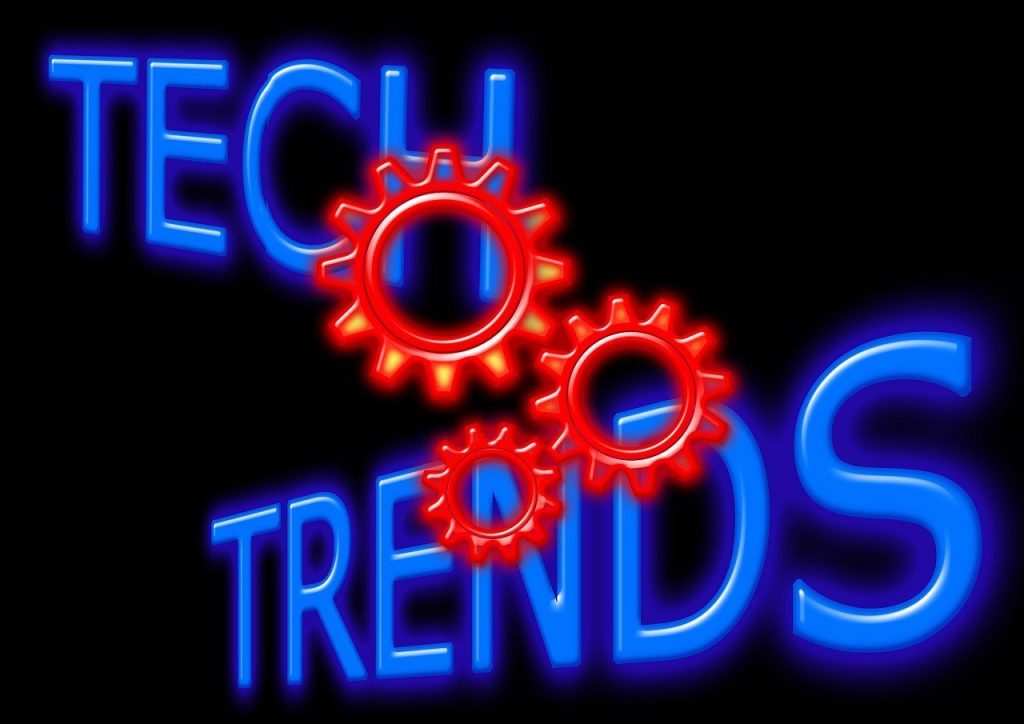The concept of Web3 has been gaining significant attention in recent years as the next evolution of the internet. But what exactly is Web3, and why does it matter? In this article, we will explore the concept of Web3 and its potential impact on our digital world.
Web3 is often described as the decentralized web, in contrast to Web1 and Web2, which are characterized by centralized platforms controlled by a handful of powerful companies. In Web1, which refers to the early days of the internet, users were primarily consumers of content, with limited ability to interact or create content themselves. Web2, on the other hand, brought about the rise of social media, e-commerce, and other interactive platforms that empowered users to create, share, and consume content in a more collaborative manner.
Web3, however, seeks to take this idea of user empowerment one step further by putting control back in the hands of users themselves. In a Web3 world, users have greater control over their personal data, digital identities, and online interactions. Instead of relying on centralized platforms to mediate their online interactions, users can transact directly with one another using peer-to-peer networks and decentralized protocols.
One of the key technologies that underpins Web3 is blockchain, a secure and transparent digital ledger that records transactions in a decentralized manner. Blockchain technology enables users to securely transfer assets, verify identities, and establish trust without the need for a trusted intermediary. This has significant implications for the way we interact online, as it enables us to transact with greater security, privacy, and autonomy.
Another key aspect of Web3 is the concept of decentralized applications (dApps), which are software applications that run on decentralized networks rather than centralized servers. dApps are typically open-source, meaning that anyone can contribute to their development, and they often use smart contracts, self-executing contracts that automatically enforce the terms of an agreement between parties.
One of the most well-known examples of a Web3 application is Ethereum, a decentralized platform that enables developers to create and deploy dApps using smart contracts. Ethereum has become a popular platform for building decentralized finance (DeFi) applications, which enable users to borrow, lend, and trade assets without relying on traditional financial institutions.
Beyond finance, Web3 has the potential to disrupt a wide range of industries, from social media to gaming to supply chain management. By putting control back in the hands of users, Web3 has the potential to democratize access to information, resources, and opportunities, and to reduce the power of centralized gatekeepers.
So why does Web3 matter? There are a number of reasons why Web3 is important for the future of the internet and our digital world. First and foremost, Web3 has the potential to address some of the key issues that have plagued the internet in recent years, such as data privacy, online censorship, and monopolistic control of information.
By decentralizing control over data and digital identities, Web3 can help to protect user privacy and prevent abuses of power by centralized platforms. This is especially important in light of recent data breaches and privacy scandals that have exposed the vulnerabilities of centralized systems.
Furthermore, Web3 has the potential to empower individuals and communities to take control of their digital lives and to interact with one another in a more transparent and equitable manner. By enabling peer-to-peer transactions and interactions, Web3 can foster a more collaborative and inclusive online environment that values diversity, creativity, and innovation.
In addition, Web3 has the potential to revolutionize the way we think about ownership and value in the digital world. By enabling users to securely transfer assets and establish trust without relying on intermediaries, Web3 can create new opportunities for individuals to monetize their skills, talents, and resources, and to participate in the digital economy on their own terms.
In conclusion, Web3 represents a new frontier in the evolution of the internet, one that promises to empower individuals, democratize access to information, and promote a more equitable and sustainable digital future. By harnessing the power of blockchain technology, decentralized applications, and peer-to-peer networks, Web3 has the potential to transform the way we interact online and to redefine the way we think about ownership, value, and trust in the digital world. As we continue to navigate the challenges and opportunities of the digital age, Web3 offers a vision of a more decentralized, democratic, and inclusive internet that puts users at the center of the digital revolution.

